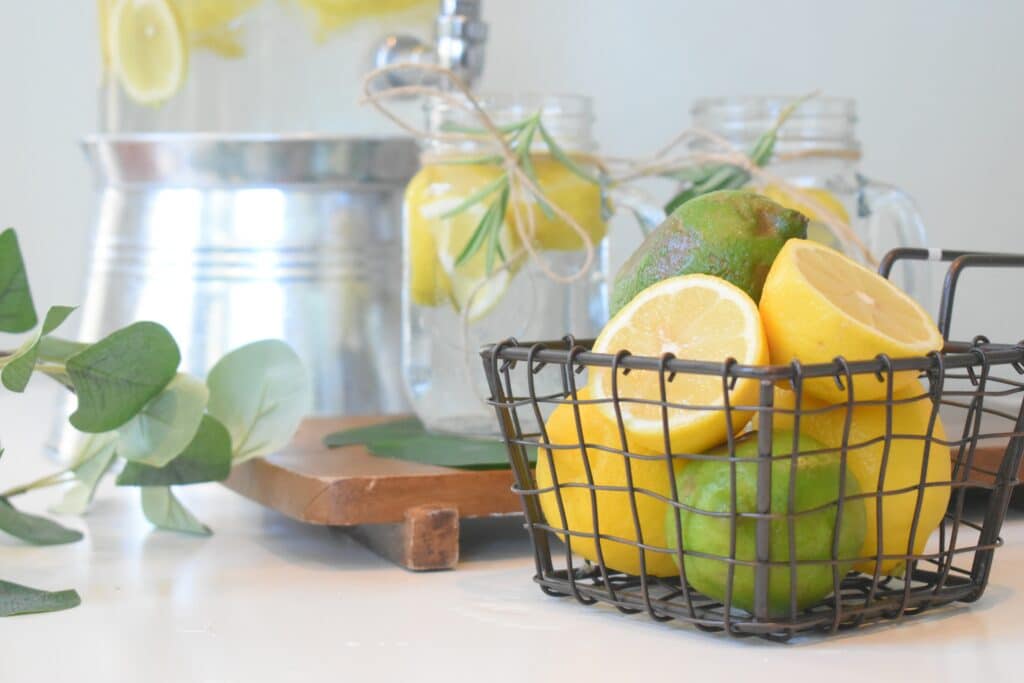
The weather is heating up, and in California, it’s only going to get hotter. In response, it’s essential to reach for your water bottle consistently. You hear it every year, “hydrate, hydrate, hydrate!” But why is it important to hydrate, especially during those summer months?
Hydrate When It’s Hot
In warmer weather, we tend to sweat more, and therefore our bodies lose more water. The sweat glands all over our bodies release water and salt, which cool down the body as it evaporates. To keep the body from becoming dehydrated, it’s vital to replenish the water your body is losing by upping the water you drink.
Ideas for Staying Hydrated
If you are looking for ways to stay hydrated this summer, make sure you drink a glass of water at each meal. Staying hydrated is essential, which may prove difficult if you already have a hard time drinking water. If you do not wish to drink water, you can use liquid water enhancers like MiO and Stur or add lemons and other fruits to make your water more flavorful. In addition, eating high-hydration foods like cucumbers, apple sauce, berries, watermelon, and popsicles can also add to hydration.
Practice Sun Safety Outside
While we recommend staying inside, we know many of you like taking walks or sitting on the back patio. So, if you do venture outside, please practice sun safety and wear sunscreen every two hours that you are in the sun.
In addition, if you do spend time outside, we recommend that you do so in the morning or early evening. The midday hours are generally when the temperature is hottest, so please exercise caution. Wearing loose-fitting and light layers can also keep you cool.

Avoiding Heat-Related Illnesses
Due to the heat, it’s crucial that we also address heat-related illnesses. Once again, staying cool and hydrated are huge preventatives for combating these illnesses. Heatstroke is a dangerous rise in body temperature. Warning signs for this disease consist of 103 temperature or higher, fast pulse, headache, nausea, confusion, vomiting, or passing out.
On the other hand, dehydration and too much heat cause heat exhaustion. Some of the signs overlap; however, those with heat exhaustion will experience no sweating or heavy sweating, tiredness, muscle cramps, paleness, fast and weak pulse, or fainting.
If you or a loved one experience the above symptoms, it’s vital to get cool. Drink water or sports drinks to help replace electrolytes. In addition, it’s imperative to seek medical attention.

